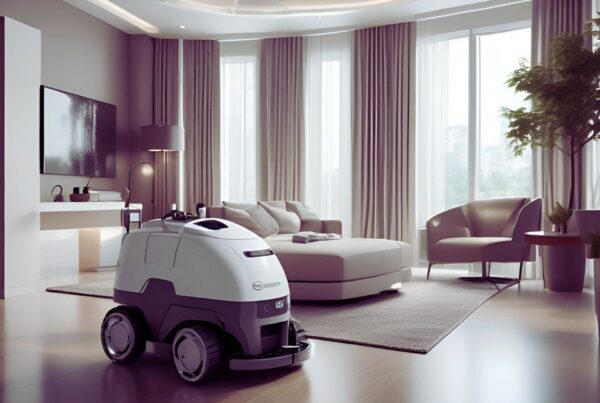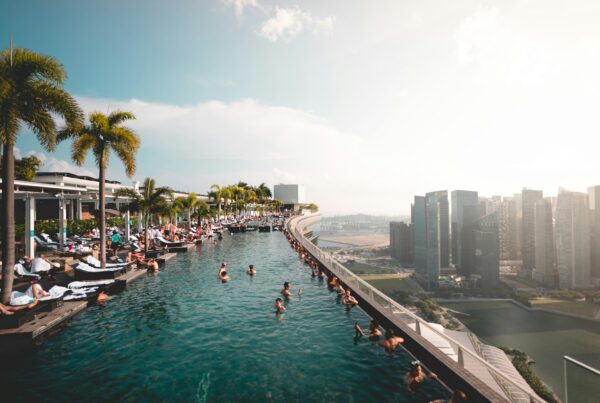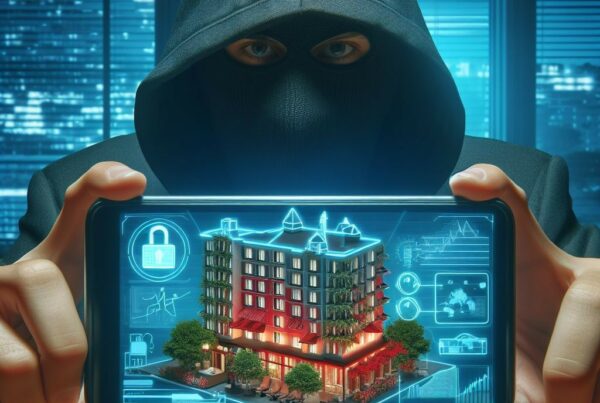For years, business trips have become more and more frequent, making it one of the most lucrative segments of the travel market. Even in the post-Covid-19 pandemic and the implementation of remote working in many companies, hotel revenues by business travelers are returning to their pre-travel restrictions levels. But what are the real needs of business travelers, and how can hotels for business stays accommodate all these types of travelers?
With a younger generation entering the professional world, the demands and priorities when traveling for work are completely different from those of their predecessors. That change forces hotels for business travelers to adapt their facilities and services to these new types of customers.
If we want to know more about hotels for business travelers, we must first meet the people who usually enjoy this type of travel.
Types of travelers
The types of travelers are completely different depending on factors such as the position they hold in the company, how long they stay, their workload during the trip, and so on. And those factors also influence the hotel they choose.
Luxurious business travelers
When people think of hotels for business travelers, the image that comes to mind is of people in suits having after-work drinks in luxury hotels with all-inclusive accommodations and expensive food. But that’s not for everyone. People in this category occupy a high position in multinational companies, and they tend to ask for larger, fancier rooms, special requests and top-notch restaurants.
Busy business travelers
If there’s one thing business travel is for, it’s work. The agenda of these people during the trip is full of meetings, conferences, and job-related events to attend. They don’t have time to do touristy things like visiting the city where they are staying or the activities offered by some hotels. During their short spare time, they tend to prefer the hotel’s relaxing services such as the spa or swimming pool.
Bleisure travelers
The concept “bleisure” comes from the words business and leisure and means taking a business trip and then combining it with a private stay afterwards. This is the most common type, where travelers take advantage of the fact that they have to travel for work-purposes and extend their holidays to visit popular places or relax.
Needs of business travelers
Depending on the type of traveler, the needs will differ, but there are a few requests that bring them all together:
High-speed internet
One of the most important and necessary things in a business trip is good Internet connectivity. Guests will demand it as a mandatory condition for booking a room. They will probably have to make video calls or prepare some documents and presentations, so Internet access will be essential.
Contactless options and mobile check-in
Since most airline tickets are given by the company, business travelers can’t decide what time they want to fly in, which leads them to arrive late at night or quite early in the morning. That’s why employees need business stay hotels to offer 24/7 check-in or mobile contactless check-in. This option allows travelers to upload all necessary documents via their mobile phones and reduce queues at the reception desk. This feature is also very useful for the business travelers that need a late check-out.
However, this is not the only contactless tool most requested by guests. The possibility to pay without the need to carry cash or a physical card is always welcomed by business travelers. In addition, the Goguest by Easygoband wearable allows the customer to charge whatever they want with just the wristband designated to their room, which is also the room key.
Workspaces
When booking a hotel, some companies look for hotels that have meeting or conference rooms, to make things easier for employees (and also to save on transportation costs). If the hotels for business travelers have this option and an easy reservation system, the companies will take this into account.
Personalized rooms
Related to the above need, some of the clients may prefer to stay in their rooms for their meetings and would require to have a desk, a power strip, a laptop stand, etc. Other amenities that enhance the experience in business stay hotels are the iron, hair dryer or suit hangers in the rooms. Before arriving, they can customize what they would like to have in their room, using web apps like Goguest web app that give infinite possibilities.
Transportation offer
Sometimes the venues and working spaces in the business trip hotels are not big enough to hold large events and the employees need to move to another place. Many hotels already have transportation arrangements in place even if it is not a regular service. For example, the guests could use the digital platform to ask for a shuttle service, or a car to take them to other locations.
What differentiates new business travelers?
As already mentioned, new generations are entering the professional world, and that includes the business trips. What are they looking for when it comes to corporate travel?
Millennials and Gen Z prioritize the technologies offered by the hotels over luxury rooms or proximity to the conference venue. The quality of services comes before the privileges that some hotels offer.
They use their phones to do everything, whether it is check-in, order food or a cab, organize the trip, etc. They are more individualistic than the preceding generations. They prefer to do it all by themselves rather than relying on someone else.
Young guests stay on vacation after the business trip is over. They put a lot of importance on having some time of leisure during the business trip (hence the term “bleisure”).
They are more concerned about sustainability and green spaces. Some technological trends that have arrived over the last few years allow hotels to act in a more environmentally friendly and responsible way. Good marketing could be a reason why younger workers choose our hotels as a place to stay.
What is the utility of all the digitalization tools in business stay hotels?
The client is the main beneficiary of the digital services but not the only one. These instruments make the companies’ experience better and more personalized. With a continued use of the services, the hotel can get to know the client better and build customer loyalty. This would indirectly help to increase the hotel’s revenue.
All the tools used by the clients provide feedback to the hotel on their actions. This helps the company to respond quickly to any kind of situation based on the information given. Hotels can better understand the interaction between themselves and the clients. All data on bookings and reservations, hotel access, sales, etc. is stored in order to generate reports and metrics that help to improve hotel performance.
Changes are inevitable and business stay hotels, like all other industries, need to constantly update their technology to maintain the quality of their services. Technological tools can be of great help for hotel revenue by business as well as customer loyalty. Knowing the customer and adapting to their needs is crucial to take a step forward and further enhance the guest experience.






